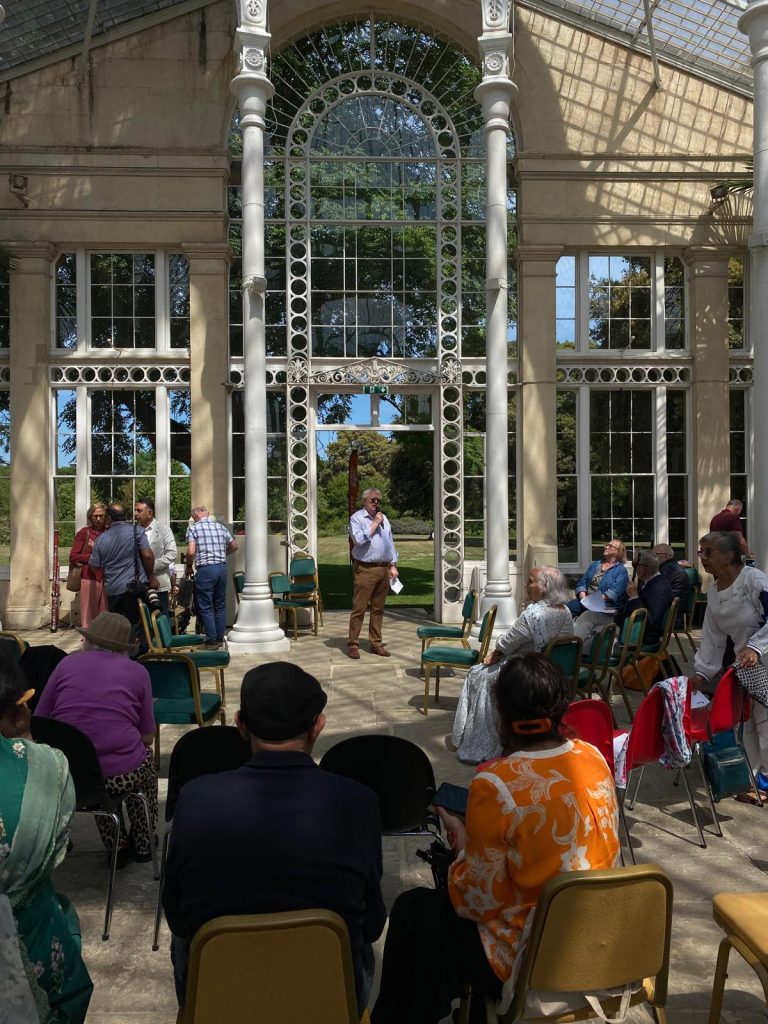MPs Push Forward on Legalising Assisted Dying in England and Wales
MPs have voted in favour of proposals to legalise assisted dying in England and Wales. The Terminally Ill Adults (End of Life) Bill aims to give terminally ill adults over the age of 18 the option to end their lives under strictly controlled conditions.
Frequently Asked Questions (FAQs)
What happens next?
The bill will now proceed to further scrutiny and debate in Parliament. It must be approved by both the House of Commons and the House of Lords for it to become law. During this process, amendments could be made, or the bill could fail to progress further.
Who would be eligible?
To qualify under the bill, individuals must meet strict eligibility requirements:
- Residency – They must live in England or Wales and have been registered with a GP for at least 12 months.
- Mental Capacity – They must have the mental capacity to make an informed decision, free from pressure or coercion.
- Terminal Illness – They must have a diagnosed terminal illness with a life expectancy of no more than six months.
- Declarations – They must make two separate declarations expressing their wish to die, both witnessed and signed.
- Medical Assessments – Two independent doctors must confirm their eligibility, with at least seven days between assessments.
- Judicial Review – A High Court judge must review each case, taking evidence from at least one doctor. A 14-day waiting period follows the judge’s ruling, though this can be shortened to 48 hours in urgent cases.
How would the process work?
A doctor would prepare the approved life-ending medication, but the individual must self-administer it. The doctor must remain present until the person has passed away or until it is clear they have chosen not to take the medication, at which point it must be removed immediately.
Would doctors be required to participate?
No, doctors are not required to participate if they object to the practice. This process differs from voluntary euthanasia, where a healthcare professional actively administers the medication.
What safeguards are in place to prevent abuse?
The bill includes strict measures to prevent coercion. It would be a criminal offence for anyone to pressure or deceive a person into choosing assisted dying or administering the substance on their behalf. Breaching these laws could result in a prison sentence of up to 14 years.
What concerns have been raised about the bill?
Some concerns include:
- The sanctity of life – Some argue that legalising assisted dying undermines the value of human life.
- Risk of coercion – Vulnerable individuals, such as the elderly or disabled, could feel pressured into choosing assisted dying.
- Medical ethics – The principle of ‘do no harm’ is central to medical ethics, and some believe assisted dying contradicts this.
- Alternatives to assisted dying – Expanding access to high-quality palliative care could offer a more compassionate solution without ending lives.
How does this compare to other parts of the UK?
While this bill applies to England and Wales, Scotland is considering a separate assisted dying bill. Meanwhile, Jersey and the Isle of Man have already voted in favour of introducing similar legislation.
The Debate: Arguments For and Against Assisted Dying
Are there any arguments in favour of assisted dying?
- Autonomy and Choice – People should have the right to make decisions about their own bodies, including choosing to end their suffering.
- Compassion and Relief from Suffering – Assisted dying offers a humane option for those experiencing unbearable physical or emotional distress.
What are the arguments against assisted dying?
- The Sanctity of Life – Every human life has intrinsic value, and some fear a ‘slippery slope’ leading to wider acceptance of euthanasia.
- Risk of Coercion and Abuse – There is scepticism over whether safeguards can truly prevent vulnerable individuals from being pressured into assisted dying.
- Impact on Medical Professionals – Some argue that allowing doctors to facilitate assisted dying could damage trust in healthcare professionals.
- Alternatives to Assisted Dying – Expanding access to palliative care and support systems could provide more compassionate options.
What happens next in the discussion?
Assisted dying remains one of the most sensitive ethical and legal debates in the UK. Public opinion, medical perspectives, and legal frameworks continue to evolve. Whether in favour or against, the key is to maintain open, respectful dialogue, acknowledging the profound impact this issue has on individuals and families alike.








